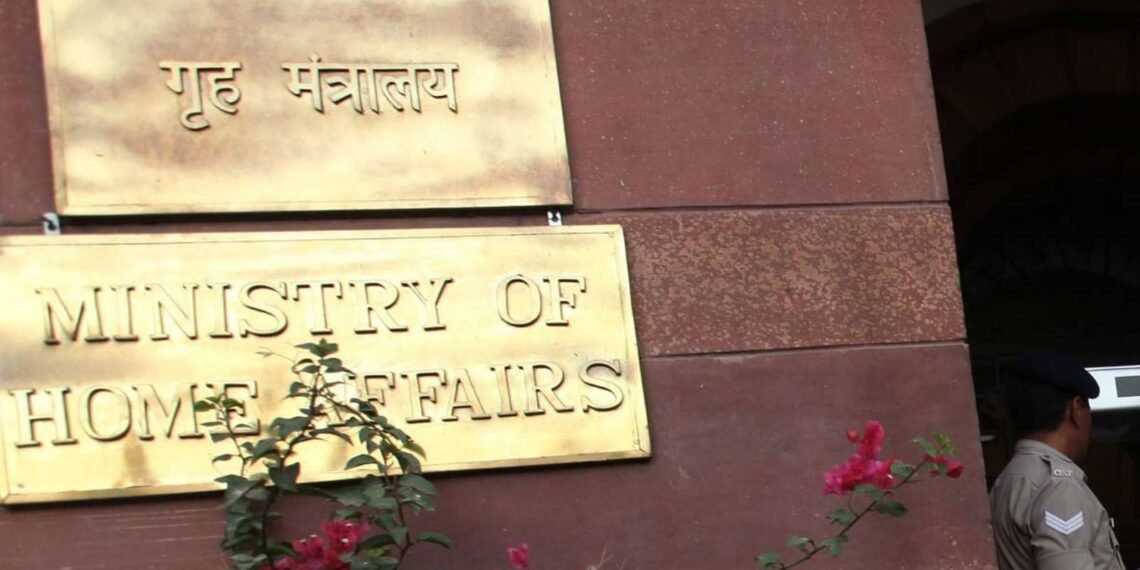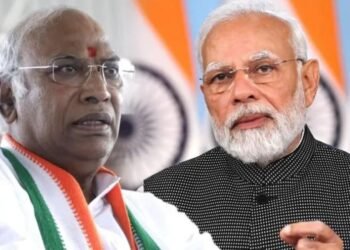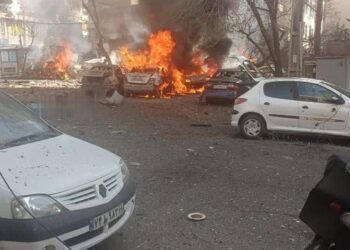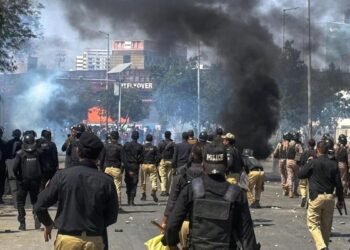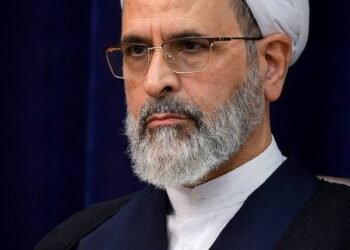Discussions also addressed crucial issues such as tribal land rights, local governance, and rehabilitation of internally displaced persons, reflecting a holistic approach to justice and stability.
BY PC Bureau
New Delhi, November 7, 2025: In a significant step forward for the Kuki-Zo people, the Ministry of Home Affairs (MHA) and leaders of the Kuki-Zo armed groups under the Suspension of Operation (SoO) held two days of constructive and wide-ranging talks on November 6 and 7, 2025, focusing on the community’s core demand for a Union Territory with a Legislative Assembly.
Representing the aspirations of the Kuki-Zo community, the Kuki National Organisation (KNO) and the United People’s Front (UPF) also engaged in detailed discussions on a broad spectrum of issues related to tribal rights, governance, and rehabilitation.
The MHA was represented by A.K. Mishra, Advisor (North East), while the KNO and UPF delegations were led by senior leaders of both umbrella bodies. The renewed engagement marks an encouraging continuation of the peace process between the Centre and Kuki-Zo representatives.
READ: High Turnout Boosts RJD, JD(U); BJP Faces PK’s Challenge
A joint press release issued by the UPF and KNO said that on the first day, talks centred on the implementation of the September 4 tripartite agreement among the MHA, Government of Manipur, and the SoO groups. Discussions focused on normalising life in Kuki-Zo inhabited districts, improving local administration, and ensuring the restoration of peace and governance in areas deeply affected by two years of unrest.
The second day witnessed in-depth discussions on the political aspirations of the Kuki-Zo community. The delegations reaffirmed their position that the demand for a Union Territory with Legislature is rooted in historical and constitutional legitimacy, recalling that the Kuki-Zo Hills were never under the direct control of the Manipur State Durbar before Independence and were classified as “Excluded Areas” under the Government of India Act, 1935. Traditional tribal governance under village chiefs, the leaders argued, represents a distinct system of self-rule that predates the formation of modern Manipur.
Emphasising this historical context, KNO and UPF leaders described the demand as a constitutional restoration rather than a secessionist call, asserting that it seeks to ensure equitable governance, security, and sustainable development for the tribal population within the Indian Union.
During the meeting, A.K. Mishra assured the delegations that the Government of India remains sensitive to the concerns and aspirations of the Kuki-Zo people. At the same time, he noted that the centre’s “current” policies didn’t support creation of new union territories, and broader consultations with other communities would be essential for any future administrative changes. The KNO and UPF leaders welcomed the Government’s openness to dialogue and urged the Centre to revisit its policy stance in light of the changed ground realities and the community’s democratic aspirations following the events of 2023.
“The KNO/UPF delegation urged the Centre to reconsider its position in view of the fact that the Constitution is above Government policy. The delegation also pointed out that the ground zero situation in the state made coexistence impossible between the two communities, requiring the need to invoke necessary provisions of the Constitution to secure Kuki Zo lives and property,” the release said.
In addition to political discussions, the meetings addressed critical socio-economic issues, including protection of tribal land and forest rights, recognition of customary authority of chiefs, and improved accessibility to administrative services. The Kuki-Zo representatives highlighted the urgent need for rehabilitation of internally displaced persons (IDPs) and requested accelerated relief and resettlement measures to restore normalcy and dignity to the affected families.
The talks concluded on a positive and forward-looking note, with both sides agreeing to continue confidence-building measures and regular dialogue to ensure a peaceful, inclusive, and just resolution to the long-standing tribal concerns.
This renewed engagement signals a promising turn in the Kuki-Zo peace process, raising hopes for a future built on mutual respect, constitutional safeguards, and lasting stability in the region.



